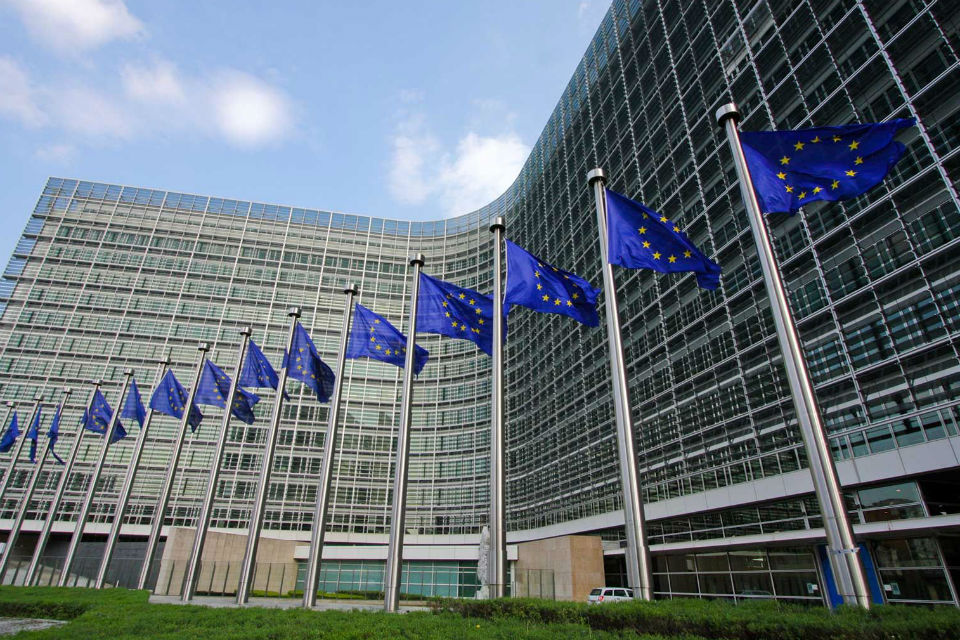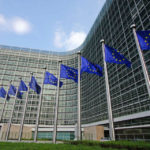European Commission opens formal proceedings against TikTok on Romanian election risks under the Digital Services Act

European Commission has opened formal proceedings against TikTok for a suspected breach of the Digital Services Act (DSA) in relation to TikTok’s obligation to properly assess and mitigate systemic risks linked to election integrity, notably in the context of the recent Romanian presidential elections on 24 November.
Commission President, Ursula von der Leyen, said: “We must protect our democracies from any kind of foreign interference. Whenever we suspect such interference, especially during elections, we have to act swiftly and firmly. Following serious indications that foreign actors interfered in the Romanian presidential elections by using TikTok, we are now thoroughly investigating whether TikTok has violated the Digital Services Act by failing to tackle such risks. It should be crystal clear that in the EU, all online platforms, including TikTok, must be held accountable.”
The proceedings will focus on management of risks to elections or civic discourse, linked to the following areas:
- TikTok’s recommender systems, notably the risks linked to the coordinated inauthentic manipulation or automated exploitation of the service.
- TikTok’s policies on political advertisements and paid-for political content.
As regards both elements, one of the suspicions the Commission is going to investigate is whether TikTok has diligently mitigated the risks posed by specific regional and linguistic aspects of national elections.
Should the Commission’s suspicions be proven correct, these shortcomings would constitute infringements of Articles 34(1), 34(2) and 35(1) DSA. The Commission will now carry out an in-depth investigation as a matter of priority. The opening of formal proceedings does not prejudge its outcome.
This decision to open an investigation considers information received from declassified intelligence reports by the Romanian authorities, as well as third-party reports. The investigation also follows the analysis of the risk assessment reports submitted by TikTok in 2023 and 2024, the replies to the Commission’s requests for information, and internal documents provided by TikTok.















